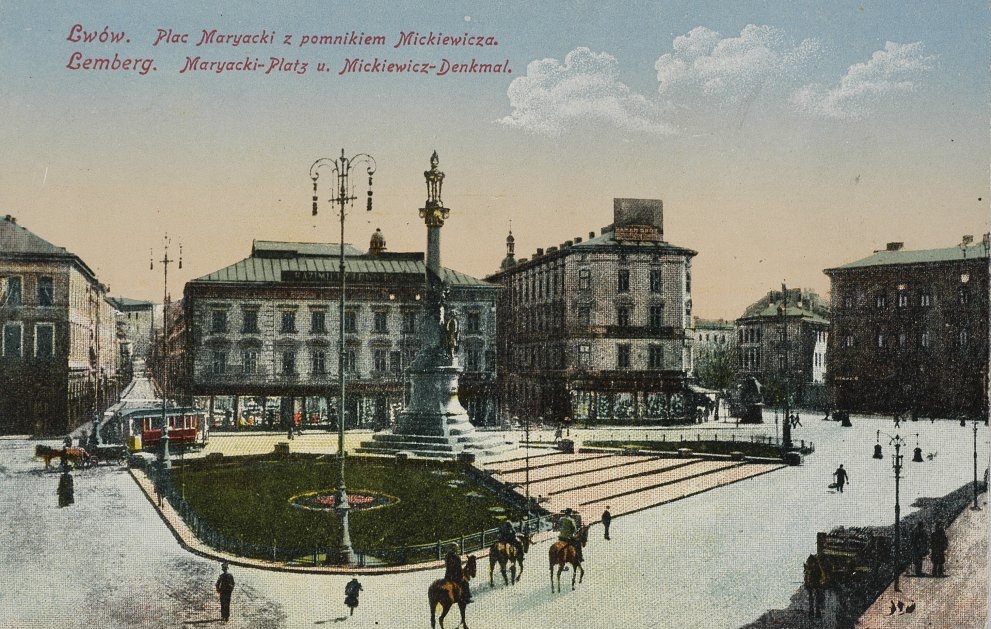Until 1918, Maximilian Cederbaum bore the surname Zetterbaum. He was born in 1871 in Kolomyia into the family of a poor tailor. We know little about his early life, but it certainly must have been a life filled with hard work and study, since despite the fact that he came from a poor Jewish background, he managed to obtain a doctorate in law from Lwów University and co-founded the first Jewish socialist parties.
During his studies, he became fascinated by socialist ideas and started to promote them among the Jews of Kolomyja. In that time, he co-organised a strike at a tallit factory there. Eventually, in the 1890s, he joined the Polish Social-Democratic Party of Galicia and Cieszyn Silesia, founded in 1892 in Lwów (today’s Lviv). It had a legal character and from a formal point of view was part of the Social Democratic Party of Austria. In fact, the PPSD’s links with it were loose. In 1919, the party in which Cederbaum was active became part of the Polish Socialist Party. Maksymilian represented a faction within the PPSD that fully accepted Polish independence aspirations.
His pro-nationalism was evident. After his studies, he ran a law office in the small town of Bolshovice (now Ivano-Frankivsk Oblast, Ukraine). In the Second Polish Republic, however, he moved to Lwów, where he served uninterruptedly until his death as secretary of the Lwów Bar Association. His professional work did not prevent him from developing his political and party activities. It is significant that he always avoided Jewish nationalism and separatism, although at the same time, even before the birth of the Second Republic, he became the leader of the Jewish section of the PPSD, and then of the Jewish Social-Democratic Party (1911-1913). However, activities in both Jewish organisations (the section and the party) apparently did not suit him, since he returned to the PPSD, and after 1918 joined the PPS.
Undoubtedly, Cederbaum was an extraordinary personality and an outstanding intellectual. He is completely forgotten today because he was crippled by bone tuberculosis, which limited his capacity for the intense physical activity necessary for party work. Above all, he enjoyed great authority among socialists as a mentor and adviser. He was admired for the wide knowledge he achieved as a self-taught scholar in philosophy and sociology. He wrote frequently for the press – from 1896 he was editor of the Lwów biweekly “Jidiszes Fołksblat”.
He died in 1927 in Meran in one of the most beautiful Italian spas.





